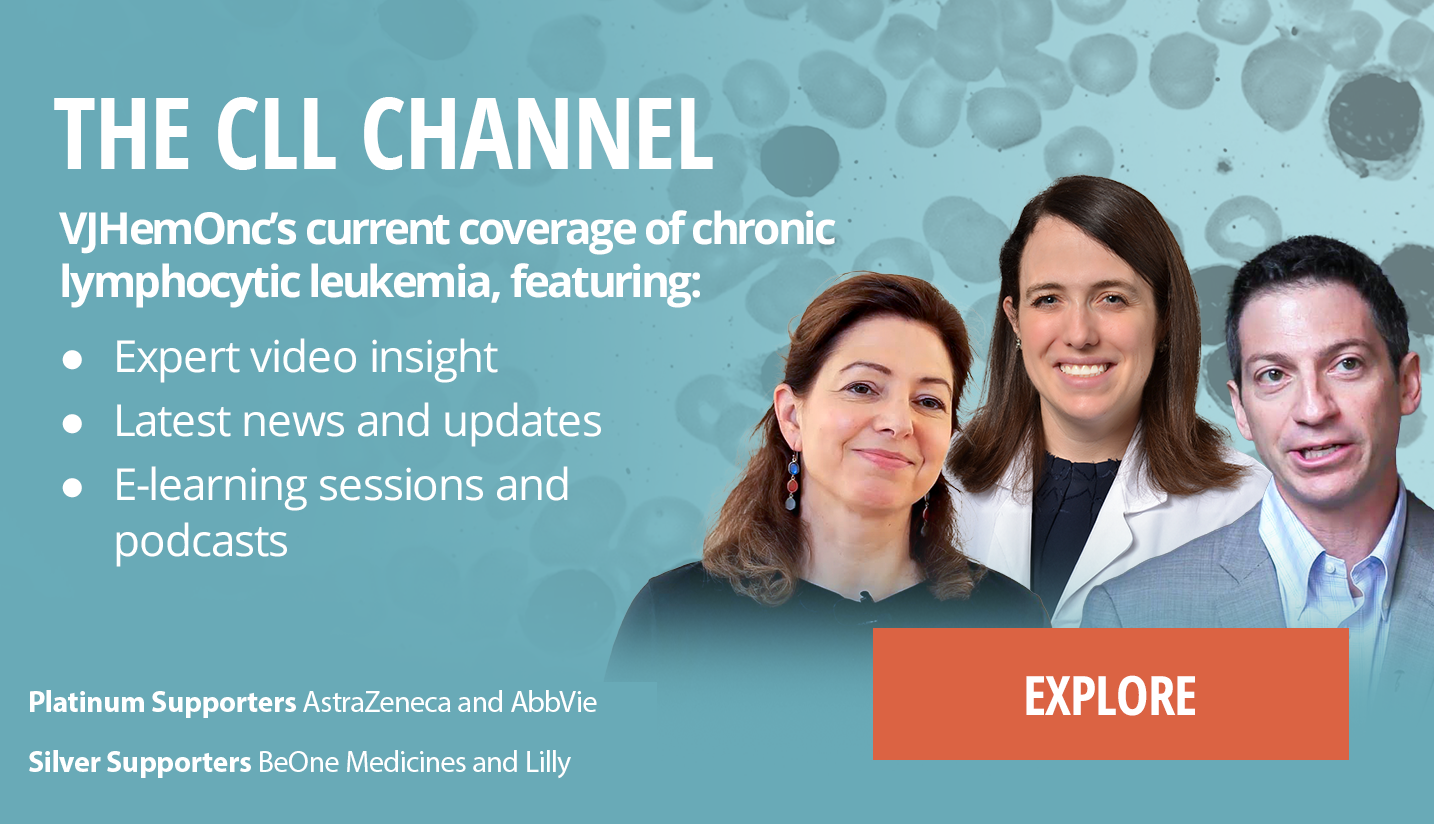My colleague Florian Simon and myself, we did a Phase II trial together with investigators from Germany and Austria, focusing on really old patients with CLL, meaning patients above the age of 80 years and also including patients who are frail, defined by a frailty score. And these patients were treated with the treatment of acalabrutinib as continuous treatment and they could stop the treatment after two years or go beyond these two years...
My colleague Florian Simon and myself, we did a Phase II trial together with investigators from Germany and Austria, focusing on really old patients with CLL, meaning patients above the age of 80 years and also including patients who are frail, defined by a frailty score. And these patients were treated with the treatment of acalabrutinib as continuous treatment and they could stop the treatment after two years or go beyond these two years. And the primary endpoint of the study was the overall response rate.
And the analysis shown here, the poster shows that the overall response rate is high at nearly 90%. And also that in general the treatment of this frail patient population was tolerated very well. And we had, because of the recruitment during the pandemic, two cases of deaths due to COVID, but they were not suggested to be related to the study drug. We had one sudden death which was suggested possibly to be related to the study drug, and otherwise the majority of the patients did tolerate the treatment well and also continued on the treatment. So I think this is the first prospective study focusing on this patient group, which is still underrepresented in clinical trials, but now with the life expectancy of the general population, we will in the future have more and more of these CLL patients above the age of 80 years.
This transcript is AI-generated. While we strive for accuracy, please verify this copy with the video.














